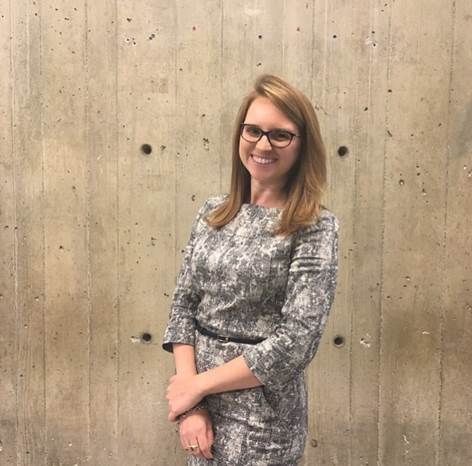
Michelle Harpenau, Executive Director, World Affairs Council Cincinnati & Northern Kentucky
Does your organization work with local schools on global initiatives? If not, have you thought about starting such partnerships?
For the World Affairs Council – Cincinnati & Northern Kentucky (WACCNK), increasing the global competency of American students is a key part of our mission. To do this, we needed to build a strong network of partnerships with schools, teachers, companies, and the community at large. We also needed to diversify our revenue streams.
Here are some examples and tips from our experience establishing global education programs:
MAKE IT PART OF THE ORGANIZATIONAL MISSION
We began in 2010 by serving 500 students in the area through two high school programs: the International Education Summit and the Academic WorldQuest. Other schools began to reach out to us about these opportunities and asked for additional resources.
Our global education programs serve more than 6,000 local students (kindergarten to university-level) in 27 schools. Recently, we added workshops for teacher training because we realized that the best way to engage students is connecting them with a teacher who can champion global learning.
The Council takes a holistic approach to engaging and developing young learners to transform youth into impactful global actors. We constantly look to other Councils and global organizations for inspiration and ideas to build stronger programs and increased engagement for our local students. It helps when educating the community about foreign affairs is part of the mission of your organization.
BUILD CAPACITY AND SUSTAINABLE FUNDING
CUSTOMIZE YOUR PROGRAMMING

Ciarra Wooten, Education and Development Coordinator at WACCNK asks global trivia questions to a group of third graders at Summit View Academy. Photo credit: World Affairs Council – Cincinnati and Northern Kentucky.
REMAIN PASSIONATE
When pursuing new programming with schools, consider the Hedgehog Concept [by Jim Collins]: if your passion, skill set, and funding all intersect, it is generally the right path to pursue. For us, global education programs were the meeting point for our mission of increasing global competency in students.
At a time when the world is more interconnected than at any other time in history, students must understand global culture, business, and world issues. Establishing global education programs in partnership with local schools and supported by sustainable funding allows us to carry out this mission in our community.
